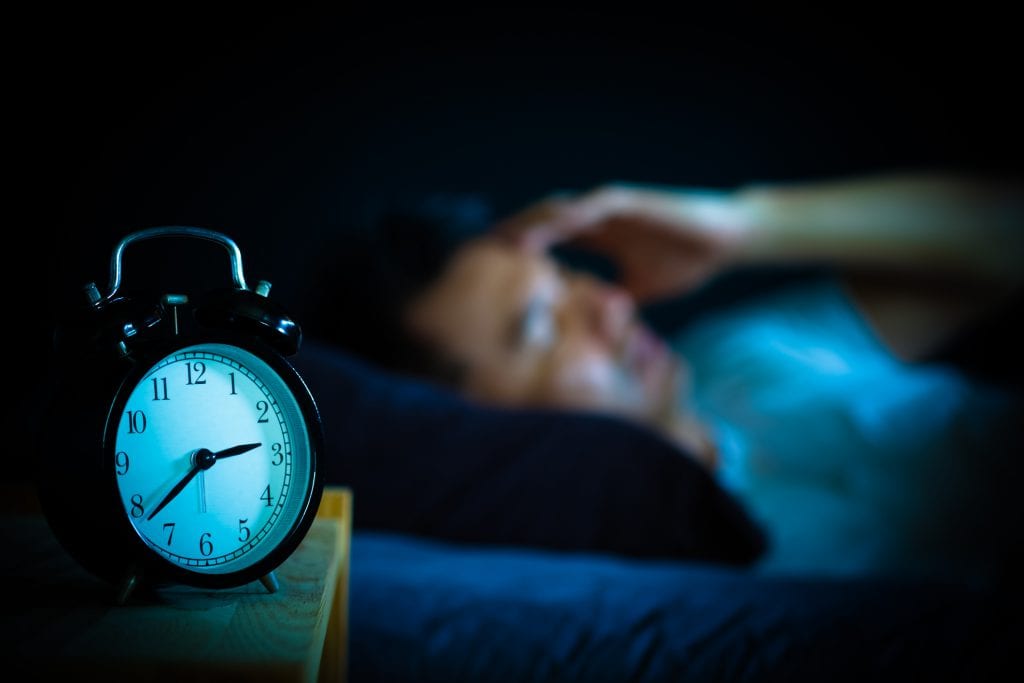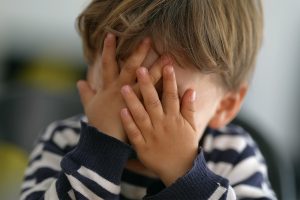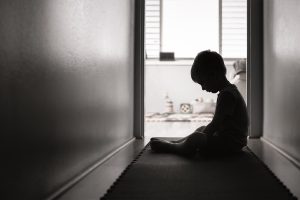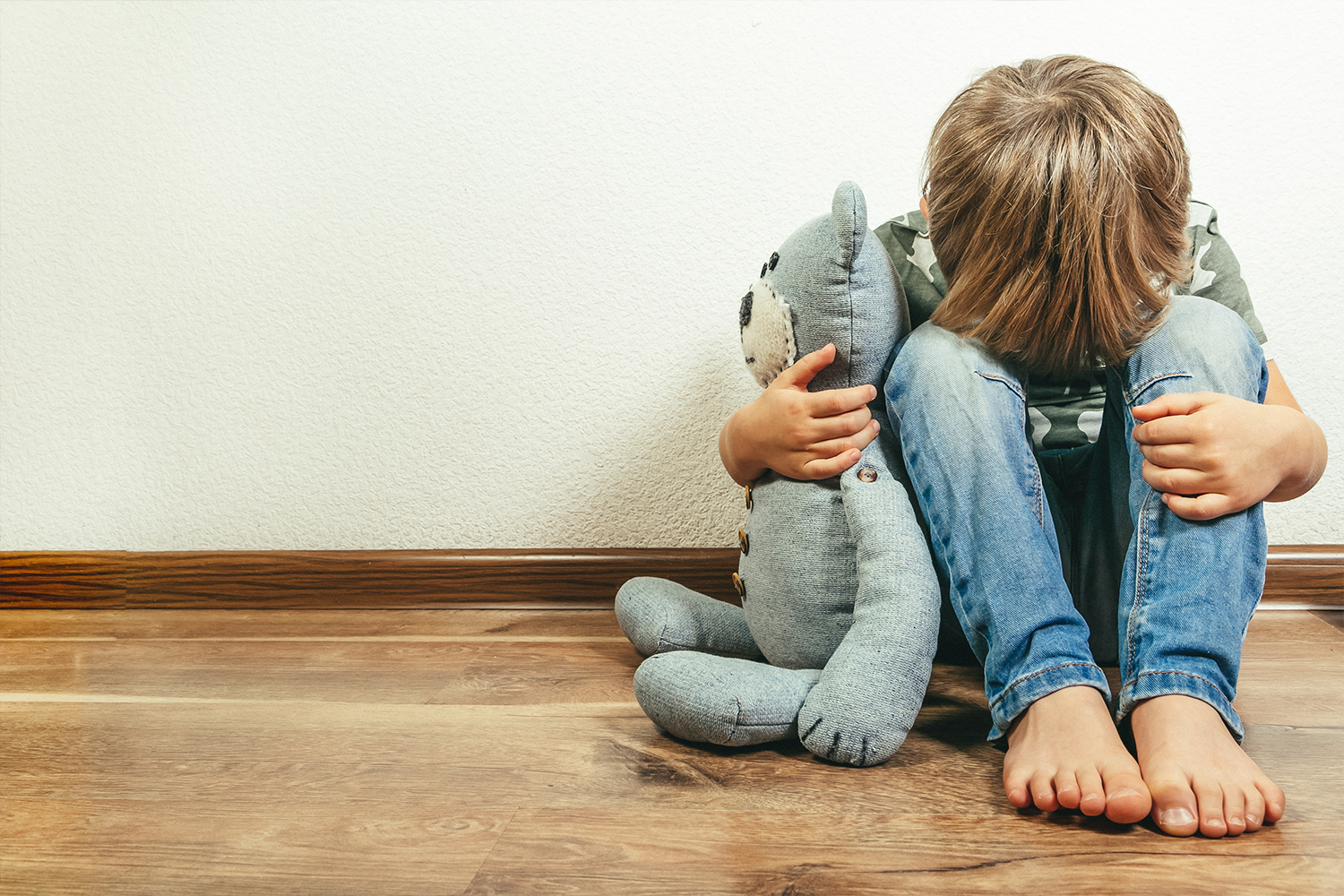How Does Sleep Affect Your Emotional Life?
Rebecca L. Marshall, Ph.D.

Parents of adolescents often tell me that their children stay up too late, usually on electronic devices, and that they are sleep-deprived during much of the school year. Most parents assume that poor or insufficient sleep is impacting their teenager’s mood and ability to function optimally in school. And they are usually right.
Studies of adolescents indicate that the majority of teens need 8-10 hours of sleep per night, but only about 15% tend to get that much sleep during the school week.1 Many try to catch up on sleep during weekends.
What do research studies indicate about the effects of sleep on mood? One meta-analytic study of over 4500 teenagers indicated that shorter sleep duration is associated with a lower likelihood of positive emotions during the day. Poor sleep quality, on the other hand, was more strongly associated with the likelihood of experiencing low mood and negative emotions. The study, which assessed the consistency of findings across many studies, suggests that the quality of a teenager’s sleep – uninterrupted by social media alerts or video games – contributes significantly to his or her emotional well-being.2 Insufficient sleep has also been linked to higher rates of obesity in adolescents.3
Poor or insufficient sleep has been identified as a trigger for anxiety in children, adolescents, and adults. Females may be more susceptible to increased experiences of anxiety and depression following sleep loss than males, a finding that appears to be associated with structural differences in brain morphology.4 Regardless of gender, adequate sleep has been shown to be associated with increased oxygen uptake in the part of the brain that mediates many emotional experiences, the amygdala. Sleep deprivation in adolescents has been associated with aberrant functional connectivity in frontal-limbic neural circuits of the brain, whereas adequate sleep has been linked to increased efficiency of the amgydala in each brain hemisphere.5
Numerous studies have demonstrated the negative impact of sleep deprivation on cognitive functioning. One recent study showed a detrimental effect specifically on the working memory capacity of young adults who experienced mild sleep deprivation. Other studies have shown a significant association between sleep loss and impulsive decision-making, academic stress, sports injuries, and loneliness in adolescents and young adults.6-9 Thus, emotional, behavioral, physical, and cognitive health all appear to be strongly positively associated with adequate sleep. Diagnostic assessments of mental health disorders therefore must take into account an individual’s sleep habits.
At The Summit Counseling Center, we provide diagnostic assessments for mental health disorders in children, adolescents, and adults. Please contact psychologist Rebecca L. Marshall, Ph.D., for more information at 678-893-5300.
- https://www.sleepfoundation.org/articles/teens-and-sleep
- Shen et al. (2018). Positive and negative emotions: Differential associations with sleep duration and quality in adolescents. Journal of Youth and Adolescence, 47, 2584-2595.
- Jansen et al. (2018). Adiposity in adolescents: The interplay of sleep duration and sleep variability. Journal of Pediatrics, 203, 309-316.
- Goldstein-Piekarski et al. (2018). Sex, sleep deprivation, and the anxious brain. Journal of Cognitive Neuroscience, 30, 565-578.
- Robinson et al. (2018). Neurophysiological differences in the adolescent brain following a single night of restricted sleep – A 7T fMRI study. Developmental Cognitive Neuroscience, 31: 1-10.
- Nursalam et al. (2019). Association between insomnia and social network site use in Indonesian adolescents. Nursing Forum, 54, 149-156.
- Short, M.A., and Weber,N. (2018). Sleep duration and risk-taking in adolescents: A systematic review and meta-analysis. Sleep Medicine Review, 41, 185-196.
- Gao et al. (2019). Lack of sleep and sports injuries in adolescents: A systematic review and meta-analysis. Journal of Pediatric Orthopedics, 39, e324-e333.
- Simon, E.B., and Walker, M.P. (2018). Sleep loss causes social isolation and loneliness. Nature Communications, 9, 3146.



